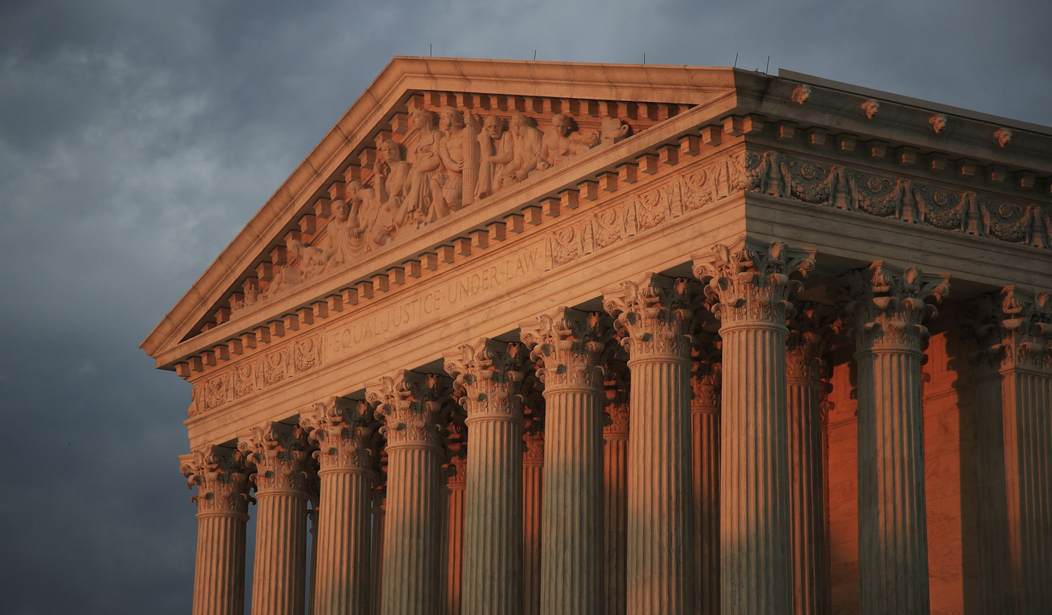The Supreme Court voted to temporarily allow President Trump to enforce his partial transgender military ban on Tuesday. It was a 5-4 decision, along conservative and liberal lines.
NOW: #SCOTUS temporarily allows President Trump to enforce restrictions on transgender military personnel. Justices Ginsburg, Breyer, Sotomayor and Kagan note their dissent. STORY: https://t.co/CLXRLm6IlR pic.twitter.com/SdMn6ZIHMx
— Kevin Daley (@KevinDaleyDC) January 22, 2019
Transgender troops began serving openly in June 2016, under President Obama. In 2017, Trump announced that the military would no longer accept transgender Americans to serve in the military due to "tremendous medical costs and disruption."
LGBT activist groups immediately condemned Tuesday's ruling, and pledged to "fight back" in court.
#BREAKING: For 30+ months, #transgender troops have been serving our country openly with valor and distinction. Now the rug has been ripped out from under them, once again.
— Lambda Legal (@LambdaLegal) January 22, 2019
Count on it: We are redoubling our efforts to fight this. #TransMilitaryBan pic.twitter.com/uUupodXAwT
Family Research Council President Tony Perkins, however, was among those who reacted positively to the Supreme Court's decision.
"It's refreshing to see the U.S. Supreme Court rein in lower court judges who are bent on telling the commander-in-chief how to run the military," he said in a statement on Tuesday. "Those charged with the difficult and complex work of keeping our nation safe cannot do their job with rogue judges injecting their personal opinions into every social issues case which reaches their courts. With different judges issuing these different opinions all over the country, our nation will quickly become paralyzed. There is a reason the Constitution so clearly explains that the president is the final authority on military policy. The Constitution grants judges no power to divert military resources away from preparing to fight wars and into social engineering.
Recommended
"There are literally hundreds of conditions or physical limitations disqualifying people from military service. Does that make the military exclusionary? Yes. But the Pentagon isn't in the business of equality. It's in the business of fighting and winning wars. Either the military's priority is protecting America -- or it's helping people on the path to self-actualization. It can't do both.
"The U.S. Supreme Court is right to leave the responsibility for keeping our military strong and country safe where it belongs: with our commander-in-chief."
Editor's note: This post has been updated with additional information.

























Join the conversation as a VIP Member